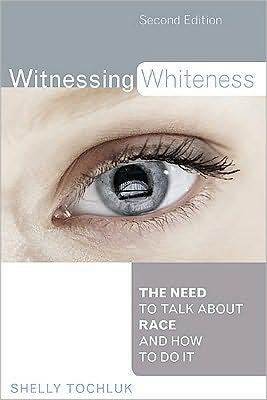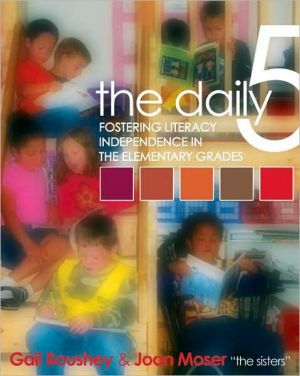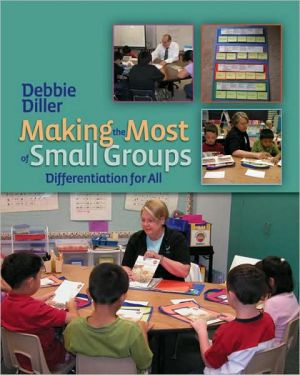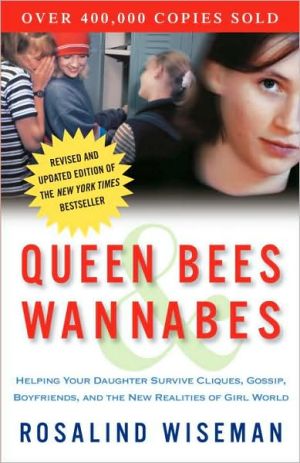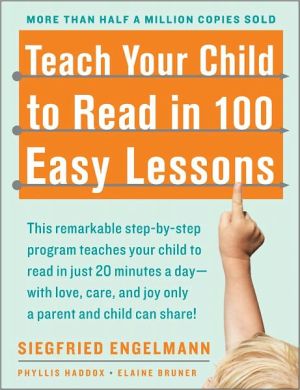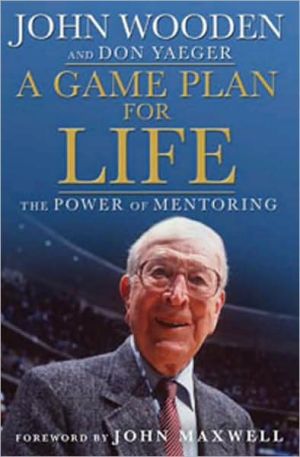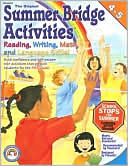Witnessing Whiteness: The Need to Talk About Race and How to Do It
About the Author:\ Shelly Tochluk an assistant professor of education at Mount St. Mary's College, Los Angeles, California
Search in google:
Witnessing Whiteness invites readers to consider what it means to be white, describes and critiques strategies used to avoid race issues, and identifies the detrimental effect of avoiding race on cross-race collaborations. The author illustrates how racial discomfort leads white people toward poor relationships with people of color. Questioning the implications our history has for personal lives and social institutions, the book considers political, economic, socio-cultural, and legal histories that shaped the meanings associated with whiteness. For book discussion groups and workshop plans, please visit www.witnessingwhiteness.com.
Acknowledgments vPreface: A Work in Progress viiIntroduction 1Dis-Ease in the White CommunityNaming the Problem 15Facing the Dis-Ease 53Uncovering a Hidden History 73The Journey into WitnessingFellow Travelers: Engaging the Journey 113Blindness at the Crossroads: Leaps of Faith 145Connecting Visions: Whiteness in Sight 177Interior Shadows: Lingering Racism 211The Work of Witnessing WhitenessHow Do We Witness? 249How Can We Create a Witnessing Culture? 299Bibliography 331Index 337About the Author 341
\ Crossroads: Anti-Racism Organizing and TrainingThis book provides a compelling look at what it means to be white in America. It not only provides insight for white people, it can also be a valuable tool for people of color as together folks strive to work and live into accountable anti-racist relationships.\ \ \ \ \ Gettysburg TimesWitnessing Whiteness explains why not paying attention to race is a problem, and how avoiding race ruins well-meaning service efforts. The book includes personal stories about how readers can develop a healthy sense of racial identity and address racial conflict. The author invites readers to take action steps to stop racism and create more just communities.\ \ \ From the PublisherThis book provides a compelling look at what it means to be white in America. It not only provides insight for white people, it can also be a valuable tool for people of color as together folks strive to work and live into accountable anti-racist relationships.\ \ \ \ \ Christine SleeterWith refreshing honesty and forthrightness, Shelly Tochluk's Witnessing Whiteness invites readers—especially those of us who are white—to tread into the difficult terrain of confronting racism. Using rich storytelling and frank self-reflection, she skillfully engages readers in acknowledging, examining, and then taking on responsibility for racism and the work needed to dismantle it. This powerful and very readable book leads us through a clear analysis of why and how white people remain ignorant of and afraid to acknowledge racism, to laying out a practical framework for action. This book is an indispensable resource for white people who sense that racism is wrong, but don't know where to start.\ \ \ \ \ Tim WiseWitnessing Whiteness is a rare and precious gem in the national literature on race and privilege. Shelly Tochluk provides readers of this comprehensive volume with a well-crafted blend of personal and analytical material, which will prove helpful for anyone lucky enough to read it. Unraveling the knot of privilege and unawareness that so often binds white Americans and weakens the struggle for racial justice is a crucial task; and Witnessing Whiteness is a brilliantly honed tool for helping with that unraveling process.\ \ \ \ \ Luis J. RodriguezAccessing the amazing experiences and wisdom of activists, thinkers, writers, and mythologists on the front lines of racial issues in this country, Shelly Tochluk brings to light the most important book about race in a generation. Is 'whiteness' bad in itself? When is it just part of the social, historical and cultural legacy of a people? And what is the prison/poison that this legacy bequeaths us? I highly recommend this book-it's helping raise race dialogue to a more healing and regenerative ground.\ \
